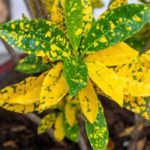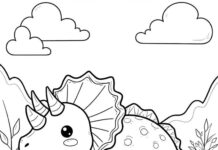The chilly weather can cause respiratory illnesses and affect the quality of life, especially for children and the elderly.
To protect health and avoid disruptions, you should pay attention to the following:
Things to do
For children:
Provide a safe and well-ventilated environment for children to play.
Regularly check the child’s body temperature, especially at night.
Maintain a gentle daily massage to keep the child’s body warm.
Keep the body warm (dress warmly, wear socks, and cover the ears) when taking the child outside.
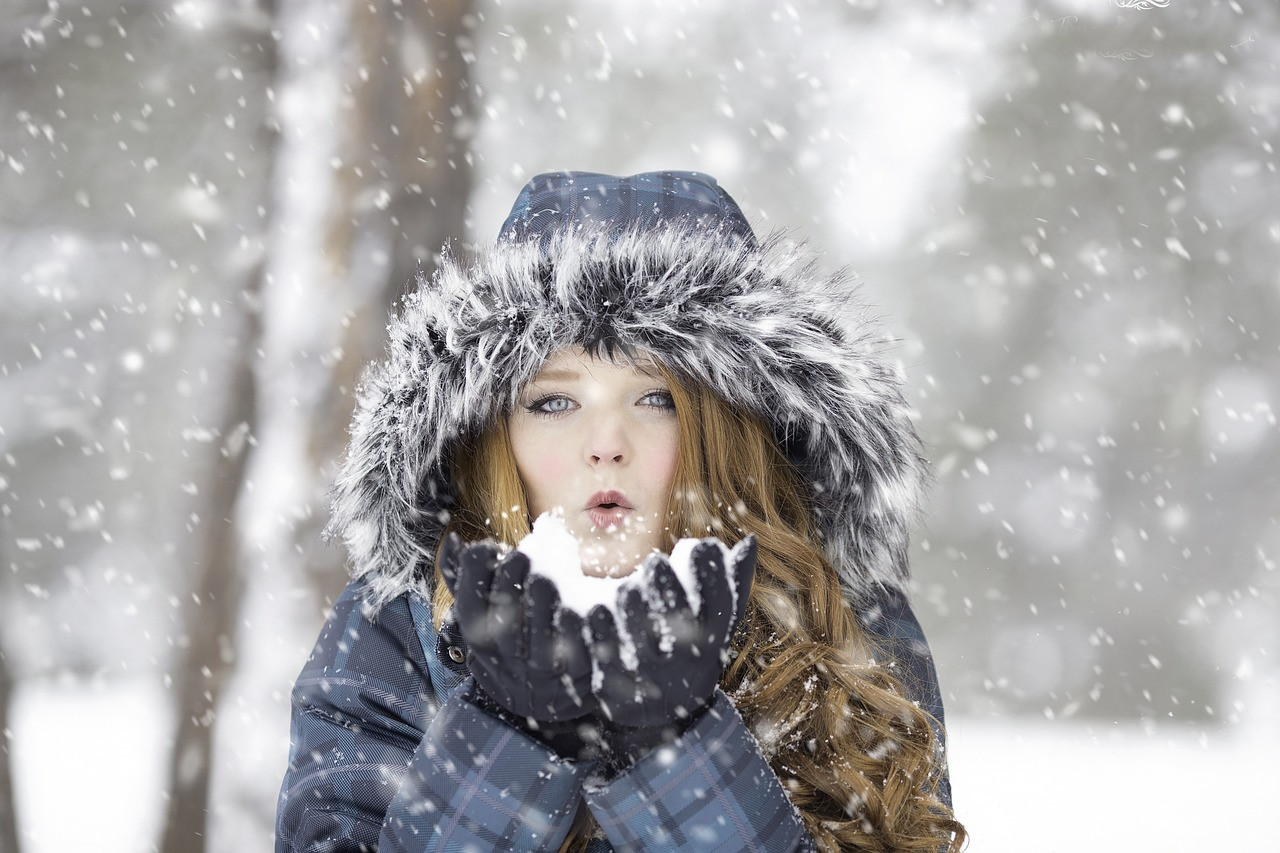
Ensure that children have a balanced and nutritious diet, including plenty of fruits to boost their immune system. Eat a balanced diet of carbohydrates, protein, fat, vitamins, and minerals. Drink warm water and avoid consuming food or beverages directly from the refrigerator.
Avoid letting children play outdoors when the outside temperature is below 15 degrees Celsius, with wind, dampness, or coldness. Parents should pay attention to (or teach children) not to sweat excessively, remove their clothes or use a soft cloth to wipe away sweat, to prevent colds, sore throats, pneumonia, etc.
For the elderly:
Control your blood pressure, avoid drinking alcohol, eat less fatty foods, and regularly check your cholesterol levels.
Keep the body warm by dressing warmly, wearing a hat, socks, etc.
To prevent high blood pressure, the elderly should have multiple meals throughout the day to provide sufficient energy; eat soft and easy-to-digest foods such as porridge, soup, milk, nutritional powder; eat plenty of fresh fruits and vegetables; take multivitamins, especially vitamin C, and drink enough water.
Avoid bathing in a drafty place and avoid taking long baths. Especially for the elderly, limit bathing and hair washing at the same time to avoid serious health complications.
Avoid going outdoors in the cold at night or early morning.
For healthy individuals: We should not be complacent. You should also prioritize consuming nutritious food, vitamins, and minerals to enhance your immune system. Maintain daily personal hygiene but must be in a well-ventilated place and equipped with heating or warming devices to avoid getting a cold. Keep the body warm, avoid sudden exposure to cold air, and exercise regularly to maintain health…
Some habits to avoid
Drinking alcohol to keep warm: Drinking alcohol may quickly warm up the body. However, this is not encouraged by health experts, especially in chilly weather. Alcohol makes the body feel warm in a short time but stimulates heat exchange, causing the body to lose heat quickly. We should only use alcohol to rub on the skin and keep warm.
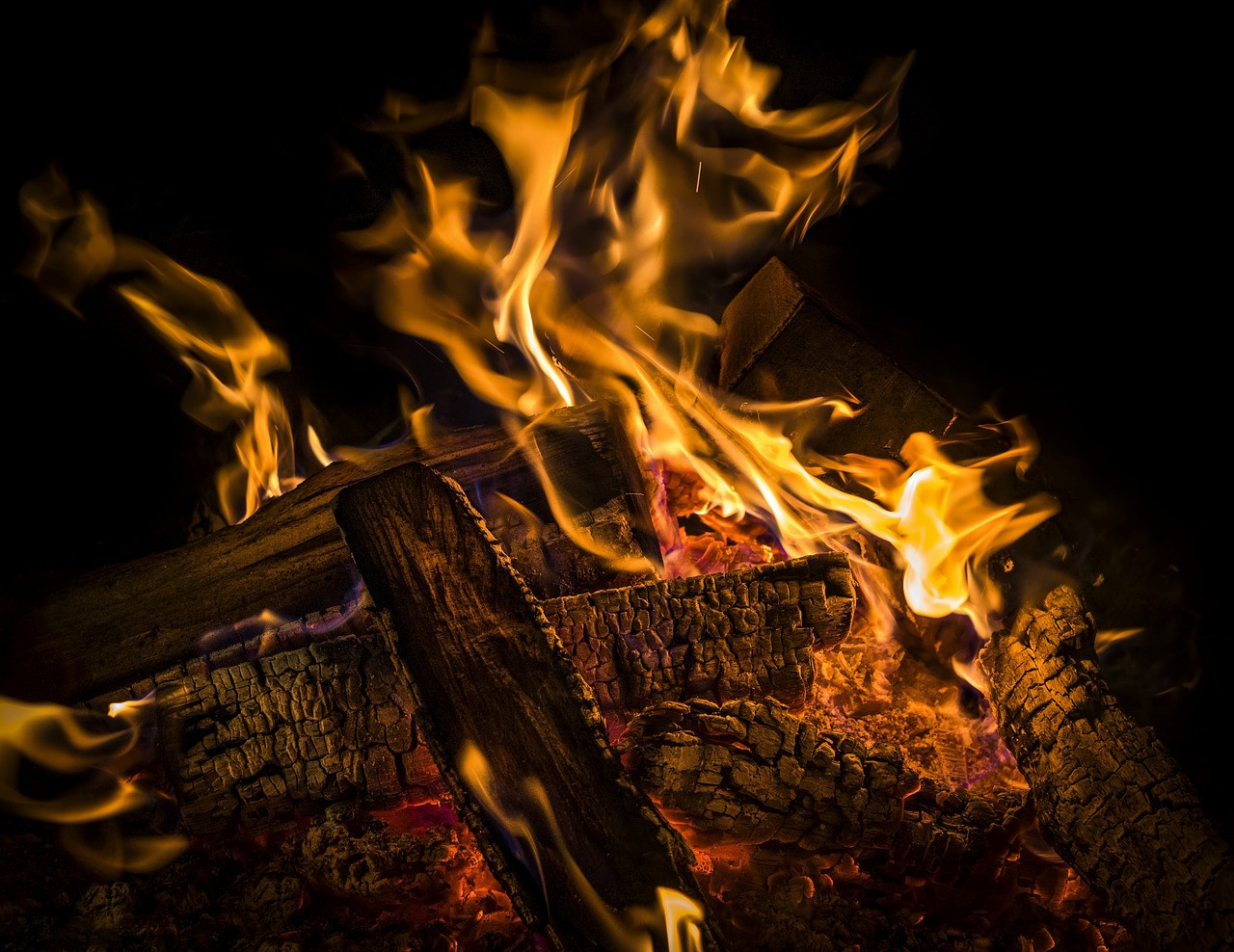
Drinking hot water before going outdoors: Hot tea or any hot drink increases blood circulation and improves the body’s defense mechanism. However, these drinks cause blood vessels to expand. This means that when you go out in cold weather, your body temperature will quickly drop. Therefore, we should only drink warm water, not hot water.
Taking cold showers: Don’t be overconfident and think that you can shower with cold water. If the body suddenly gets exposed to cold, the consequences can be very serious, even leading to stroke and death. Therefore, when the weather is cold, take a hot shower and take it quickly, especially avoid bathing too late at night.
Going outside on an empty stomach: If you have an empty stomach and go out in cold weather, your body will quickly get cold, which can even lead to hypothermia and pose a danger to your health. On cold days, you should pay attention to supplementing enough energy from meals, avoid going out on an empty stomach, and never skip breakfast.
Eating cold food and beverages: Many people have the habit of consuming cold food and beverages regardless of winter or summer. When the weather is cold, this habit will increase the risk of respiratory illnesses. Therefore, you should avoid consuming cold food, drink warm water, or use very little ice.
Keeping socks on 24/7: The habit of wearing socks all day, even when sleeping, can cause your feet to become sweaty and unable to breathe, which will affect sleep quality and, in the long run, can lead to joint problems.
Drinking too little water: In winter, many people are lazy to drink water. This deprives the body of sufficient hydration, leading to a decreased immune system, dry and rough skin, darker complexion, and lack of natural radiance.
Burning charcoal, beehive coal to keep warm: Absolutely do not burn charcoal, beehive coal, or leaves in an enclosed room to keep warm. This is very dangerous and can easily cause explosions and high mortality rates.
(Compiled)
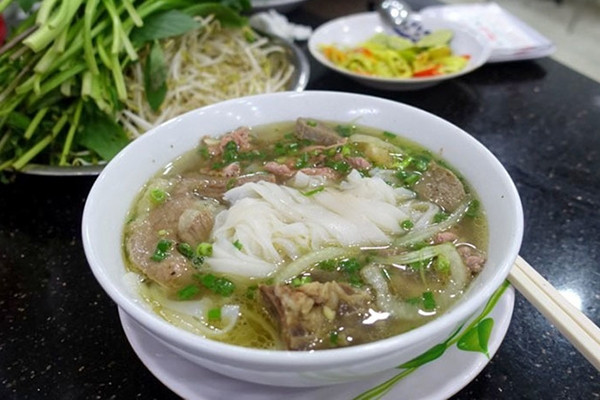
On a winter noon, my mother withdrew 2 hào from her savings to buy me some pho soup to eat with cold rice
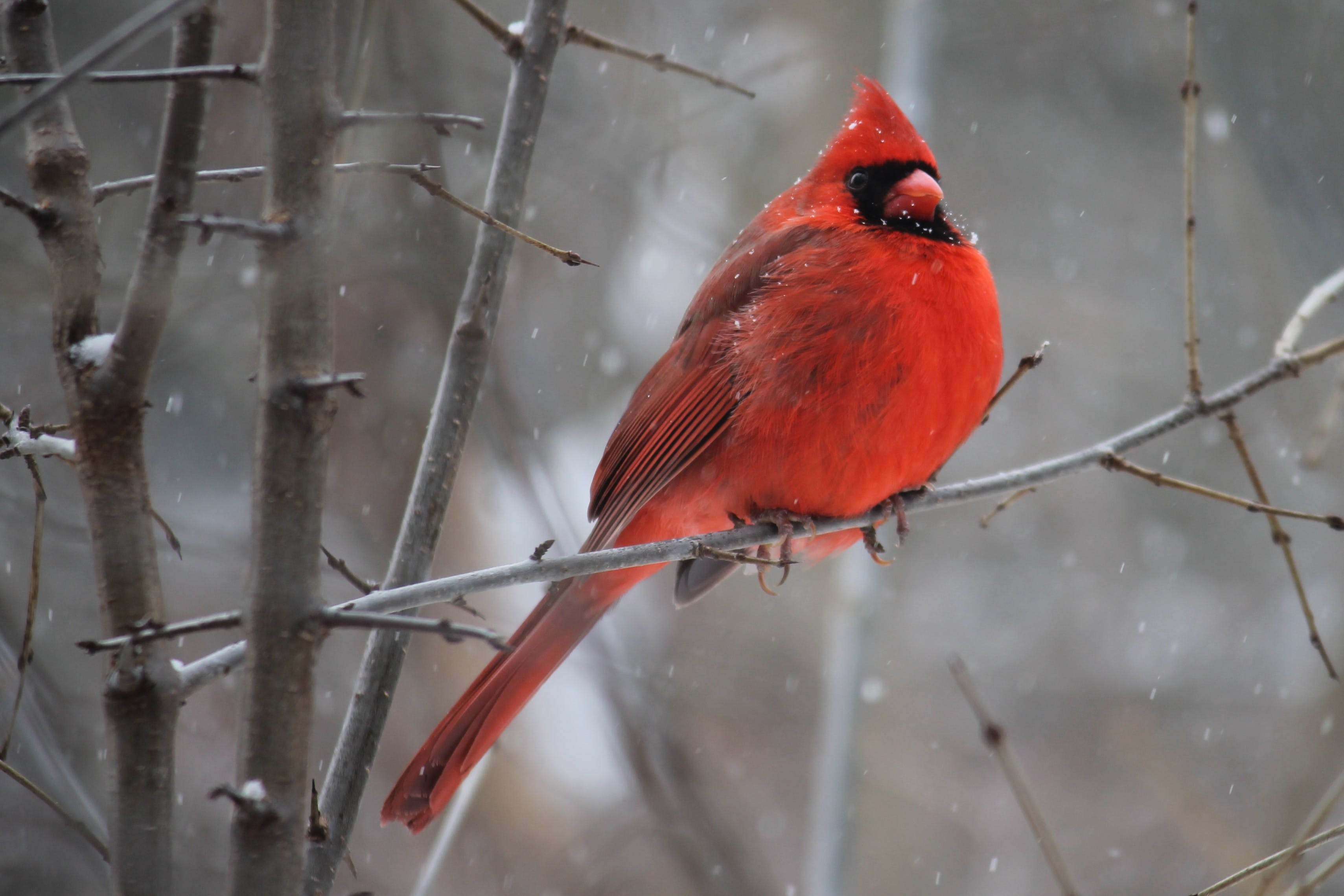
Taboos during Winter 2023 to ensure everything goes well
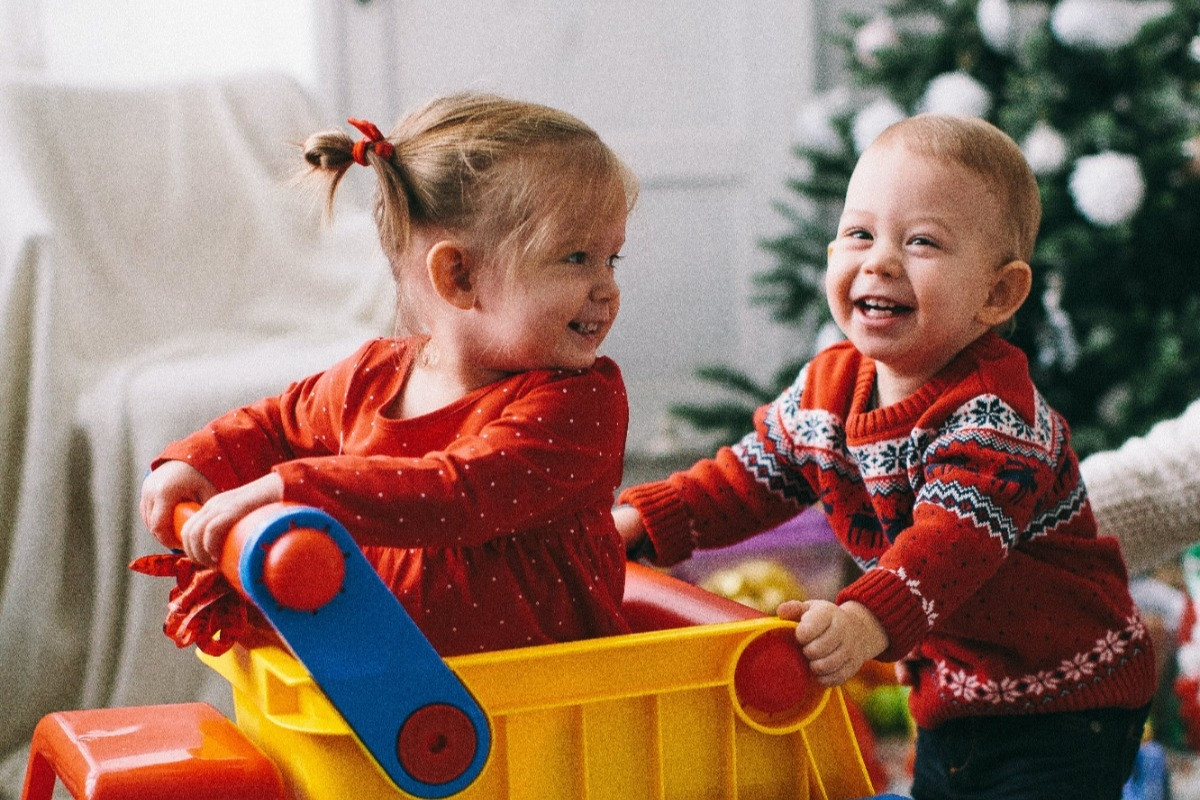
Predicting the personality and destiny of babies born in Winter 2023
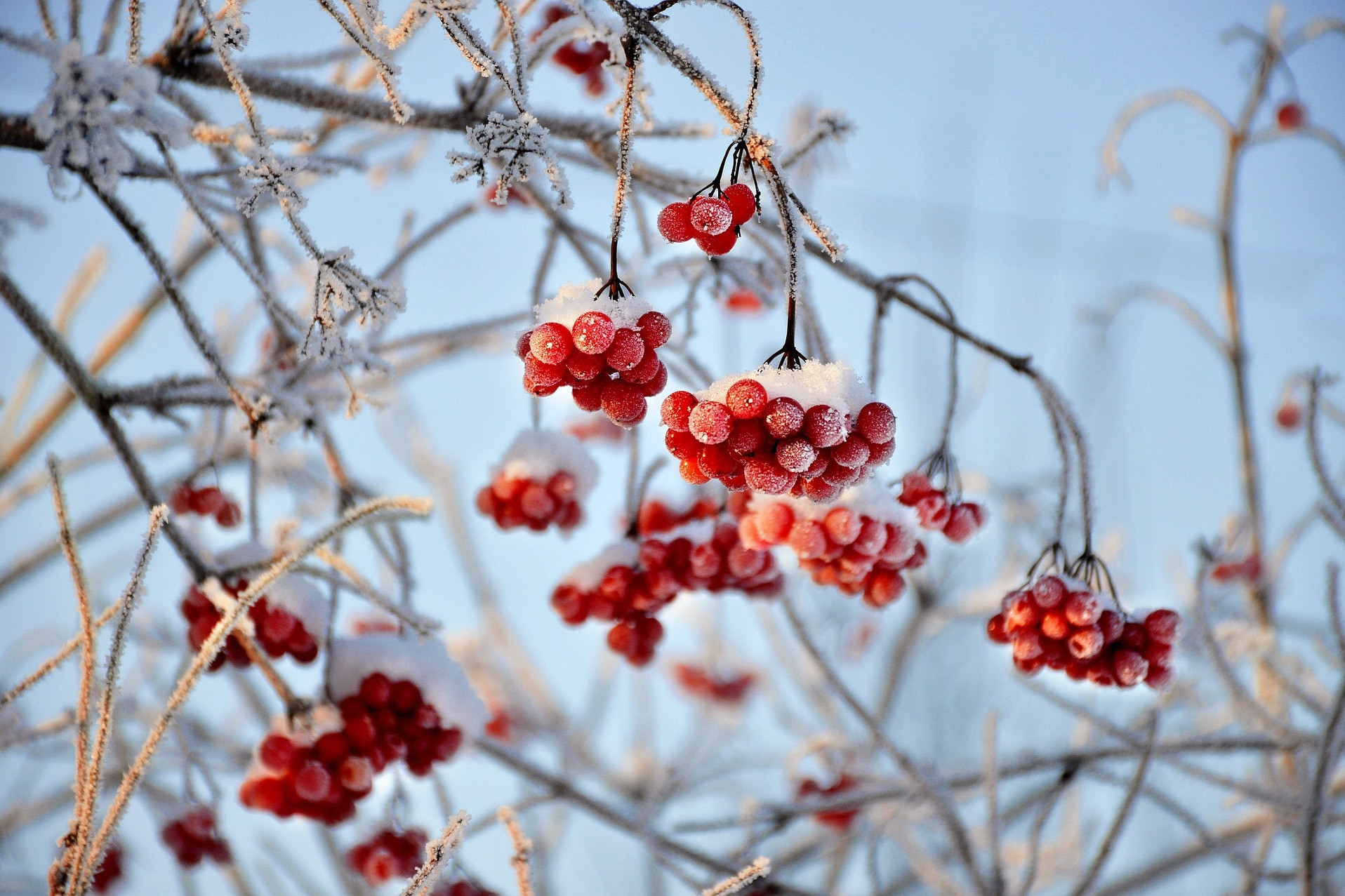
When is Winter 2023?
2023 Lunar New Year Gift Ideas for Older Family and Friends
As 2021 approaches, families worldwide are gathering to celebrate the special bond between grandparents and their grandchildren. To show their love and admiration, these thoughtfully chosen gifts will bring a smile to the face of the elderly. Here, we have compiled a list of the 13 most meaningful Tet presents that can bring joy to our beloved grandparents.


























